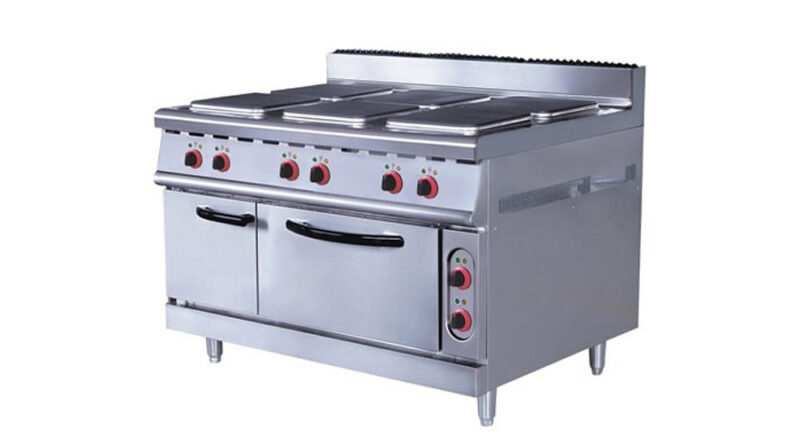How to Build a Sustainable Commercial Kitchen with Wholesale Equipment
Building a sustainable commercial kitchen is a great way to minimize your business’s environmental impact while ensuring that your operations run smoothly. Sustainability is increasingly important in the foodservice industry, with more and more businesses looking for ways to operate efficiently, reduce waste, and lower energy consumption. One of the most important steps in creating an eco-friendly kitchen is selecting the right foodservice equipment. Opting for energy-efficient, durable, and long-lasting equipment can drastically improve your kitchen’s sustainability while also lowering operating costs in the long term.
Here’s a guide to help you build a sustainable commercial kitchen with wholesale equipment.
1. Choose Energy-Efficient Appliances
Energy efficiency is a key consideration when designing a sustainable commercial kitchen. The right appliances can significantly reduce your energy usage and lower your carbon footprint. Look for appliances that have the ENERGY STAR label, which indicates that they meet high energy efficiency standards set by the U.S. Environmental Protection Agency. From refrigerators to ovens, dishwashers, and fryers, choosing appliances that consume less power can lower both your operational costs and environmental impact.
Additionally, energy-efficient appliances often have longer lifespans and are less prone to breakdowns, saving your business money over time. This makes investing in high-quality equipment a smart financial decision as well as an environmentally friendly one.
2. Invest in Durable, Long-Lasting Equipment
Sustainability is also about reducing waste, and one way to do this in the kitchen is by choosing durable equipment that will stand the test of time. High-quality equipment made from durable materials such as stainless steel can last longer, reducing the need for replacements and minimizing the amount of waste your business generates.
When buying wholesale equipment, it’s important to consider the long-term value of your investment. Opt for well-built pieces that can withstand the daily demands of a busy kitchen. Not only will this reduce waste, but it will also help you avoid unnecessary downtime caused by equipment failures or breakdowns.
3. Consider Water Efficiency
Water is a vital resource in any kitchen, and ensuring your equipment uses water efficiently can contribute to your sustainability efforts. Look for dishwashers, sinks, and other kitchen appliances that have low water usage but still offer high performance. Many modern dishwashers, for example, use significantly less water than older models, reducing water waste without compromising cleaning quality.
In addition to water-efficient equipment, consider installing water-saving features like low-flow faucets and water-saving spray valves in your kitchen. These small changes can make a big difference in the long run.
4. Choose Sustainable Materials
The materials used in your kitchen equipment play a significant role in its overall sustainability. When selecting equipment, prioritize items made from recyclable and eco-friendly materials. For example, many kitchen appliances are now made with recyclable metals, while some manufacturers offer equipment made from sustainable or renewable resources.
By choosing equipment made from sustainable materials, you help reduce the environmental impact of manufacturing and disposal. This is a small but impactful step towards building a greener kitchen.
5. Partner with Trusted Suppliers
When sourcing wholesale foodservice equipment, it’s important to partner with trusted suppliers who prioritize sustainability. One such supplier is Foodservice Equipment by Twothousand. Twothousand offers a wide range of high-quality, energy-efficient, and durable kitchen equipment, helping businesses create sustainable operations. By choosing reputable suppliers that align with your sustainability goals, you can ensure that your kitchen’s equipment supports your long-term vision of environmental responsibility.
6. Maintain Your Equipment Regularly
Sustainability isn’t just about buying the right equipment; it’s also about maintaining it properly. Regular maintenance can help extend the lifespan of your appliances and ensure they continue to run efficiently. Follow manufacturer guidelines for maintenance and keep an eye on performance to prevent energy waste and ensure your equipment stays in top shape.
Conclusion
Building a sustainable commercial kitchen requires careful consideration of both the equipment you choose and how you use it. By investing in energy-efficient, durable, and water-conserving appliances, and by partnering with trusted suppliers like Foodservice Equipment by Twothousand, you can create a kitchen that operates efficiently, reduces waste, and supports your business’s sustainability goals.




